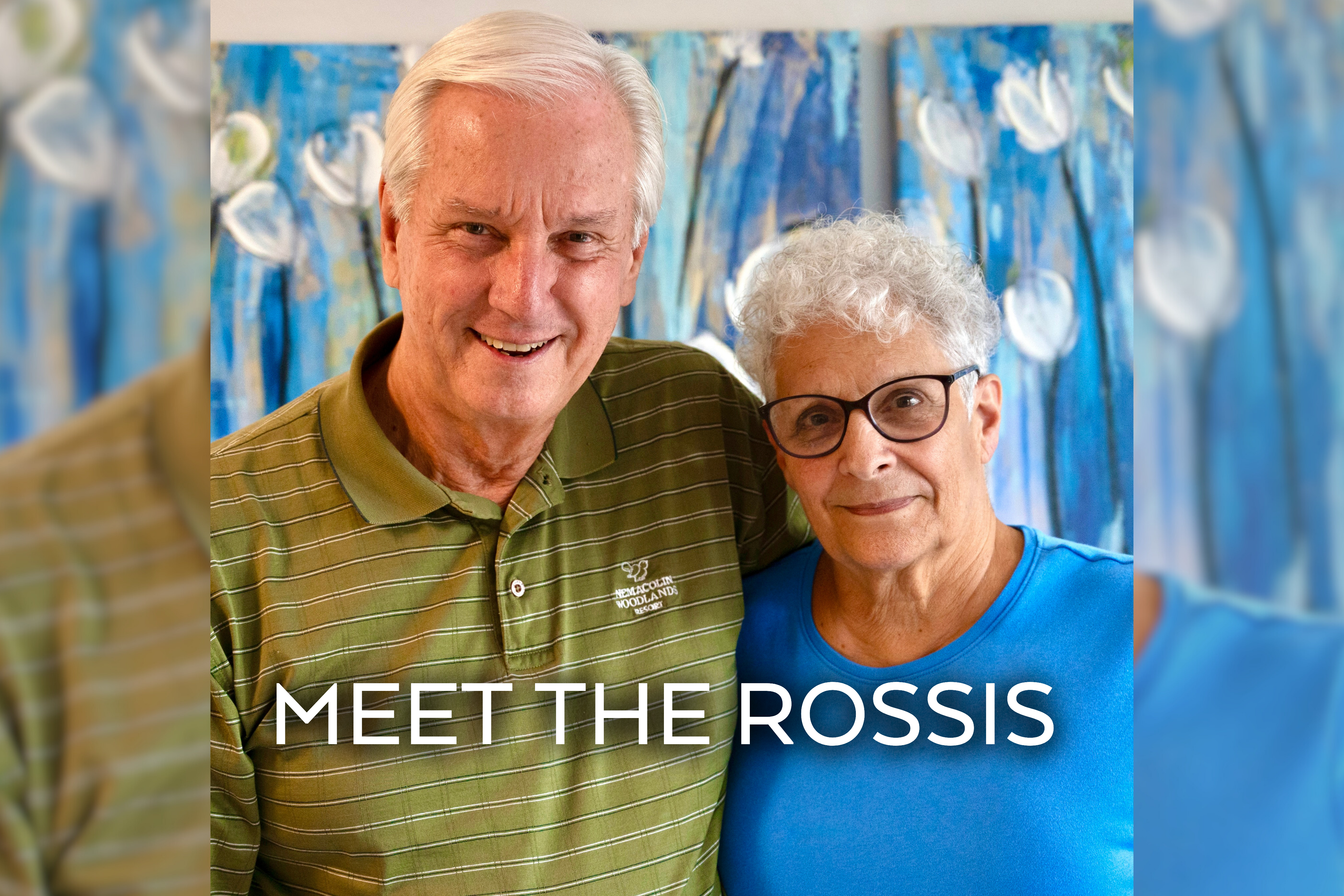Signs It’s Time for The Support of Memory Care

Recognize the Warning Signs
According to the U.S. Census Bureau, persons 85+ years of age and older are the fastest-growing segment of the population. And, as America’s population grows in size and age, we are becoming increasingly aware of the effects of aging on our minds and bodies. Those of us in the “sandwich generation,” the first of the Baby Boomers who are old enough to be grandparents, yet young enough to still have living parents, know all too well the effects of aging and its impact on the family.
When the first signs of Alzheimer’s disease or related dementia begin to appear, getting your loved one to your doctor is essential for proper diagnosis and treatment. It’s helpful to note that Alzheimer’s is more than simple lapses in memory. Persons with Alzheimer’s disease experience difficulties in communicating, learning, thinking, and reasoning. They have problems that are severe enough to impact their daily lives, which may eventually require greater assistance. Your awareness of the symptoms of Alzheimer’s disease can assist you in taking the necessary steps to seek a diagnosis so that you may plan properly for your loved one.
Signs of Alzheimer’s/Dementia Disease:
- Memory Loss
- Difficulty Performing Familiar Tasks
- Problems with Language
- Disorientation to Time and Place
- Poor or Decreased Judgment
- Problems with Abstract Thinking
- Misplacing Things
- Changes in Mood or Behavior
- Changes in Personality
- Loss of Initiative
If you recognize any of these warning signs in your loved one, know that you are not alone. A consult with your physician and other health care professionals can assist in finding early treatment and explore with you the options of how to provide necessary care. One of the most important factors in ensuring a happy, healthy life for your loved one, as well as for your family and you is to seek early diagnosis to identify the cause of these symptoms.
Caregiver Burnout Signs
In many circumstances, caring for aging parents becomes an overwhelming task. The accumulated stress that ‘care-giving’ places on one’s mind, heart and body can be damaging to the physical and emotional health of the caregiver(s) and those they live with according to the Alzheimer’s Association. If you find yourself taking care of an aged parent or loved one, it may be important to recognize the simple signs of caregiver stress and burnout. Knowing when to seek assistance from a professional, for yourself and parent can improve life for him/her, the rest of your family and you.
These ten signs of burnout are simple, yet in our busy caregiver roles one may fail to recognize the symptoms and the impact they may have on your overall health. It’s helpful to think about how they may relate to your life’s current situation and plan for ways that relieve unnecessary stress.
Signs of Caregiver Burnout:
- Denial
- Anger
- Social Withdrawal
- Anxiety
- Depression
- Exhaustion
- Sleeplessness
- Irritability
- Lack of Concentration
- Health Problems
If you experience several of the above symptoms on a regular basis you may be suffering caregiver burnout. Getting assistance from your physician and/or other professional in the field of aging can provide you with resources and solid advice. You can attain an honest assessment of your situation and guidance from a caring professional.
Feelings of guilt, anger, or other caregiver emotions are normal and understandable but may do little to relieve stress and burnout. A local Support Group can also provide relief to the caregiver sharing tips on coping from those in similar situations as well as available community resources. The confidential format can be enormously helpful and encouraging to the caregiver.
Your heightened awareness of symptoms of Alzheimer’s disease and caregiver burnout can prevent further issues from developing for both you and your loved one. Seeking help from care professionals such as those serving seniors with dementia can often guide your course. The important thing is to have your loved one receive the best care possible as quickly as possible, and to make sure the entire family remains whole, healthy and happy.
Sleeping Tips
There still exists a mystery as to why someone with Alzheimer’s disease or dementia may have sleep disturbances. Alzheimer’s disease does assault the brain and is believed to cause confusion late in the day. You may notice increased agitation as well as restlessness and changes in personal sleep cycles. Some studies indicate this occurs in about 20% of those having Alzheimer’s. Of course, these changes lead to behavioral challenges, particularly in a community setting where other factors may come into play.
Causes for a disruption to the body’s sleep-wake cycle are theorized to include: Exhaustion, a mix-up between day and night, frustrations, inability to separate reality from dreams or simply the need for less sleep, which is common among the aging population. Nonetheless, lack of sleep or disruption to a sleep pattern can cause difficulties for an entire community. There is risk for increased wandering, falls, illness, elopement and becoming unreasonably agitated or having other behavioral episodes.
It’s no different for us, as with someone with Alzheimer’s, to become exhausted after a long day, then overtired. Like ourselves, persons with dementia respond better to simple routines and rituals before bedtime that can reassure them. As a caretaker you can determine how best to prepare someone for naps or restful nighttime periods. The more comfortable and trusting they feel, the more likely they will sleep soundly, and the more likely they will awake refreshed and able to cope better with a new day!
Create a Restful Environment:
-
- Learn the person’s bedtime routine.
- Ensure physical needs are met such as hunger, thirst or bathroom needs.
- Maintain a simple schedule and consistent bedtime.
- Avoid overstimulation, rather, engage in calm activities beforehand.
- Keep active during daytime but monitor for fatigue.
- Identify triggers that prevent sleep such as noises, TV, lights or voices.
- Use a nightlight but avoid any glares.
- Reassure you’re nearby and will check on them.
- Include a personal ritual, such as a poem or singing a favorite song.
- When the person awakes, address in friendly manner. Sometimes a short walk or snack helps.




